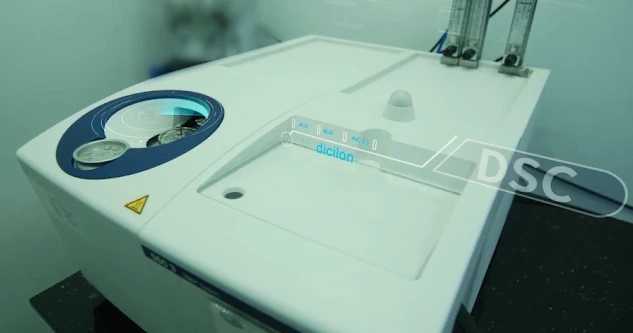Organic synthetic chemistry is the core course of applied chemistry, chemistry, chemical engineering, and other majors. Organic synthetic chemistry involves a wide range of knowledge and rich content, covering all unit reactions and the formation and transformation of chemical bonds.
Medicilon can undertake the synthesis of special reagents, intermediates and molecular fragments, preparation of standard products, synthesis design and preparation of impurities or metabolites, synthesis of stable isotope internal standards and synthesis of tritiated compounds.
Green chemistry is an emerging discipline, covering many disciplines such as chemistry, materials, biology, pharmacy, environment, etc. It has clear social needs and scientific goals. According to reasonable reaction mechanisms and methods, it can reduce or eliminate the impact of the chemical industry on the environment from the source. To ensure that the reagents, catalysts, solvents, by-products, products, and other links meet the requirements of green and environmental protection, the main goal of organic synthesis at present [2]. For the synthesis of organic compounds, the main factors affecting the yield include synthesis technology, chemical reaction, reaction reagent, reaction solvent, catalyst, etc. Osmosis in Chemistry.
1 Green synthesis technology
The traditional organic synthesis reaction is a liquid phase reaction under the action of a solvent, which not only has a high reaction temperature, long reaction time, and low reaction efficiency and causes environmental pollution due to organic solvents. Therefore, since the 21st century, green synthesis Methods have been deeply researched and developed, such as solid-phase synthesis, solvent-free synthesis, microwave-assisted, ultrasonic-assisted technology, photochemical synthesis, electrochemical synthesis, and other technologies. These technologies can greatly shorten the reaction time and increase the reaction yield; reducing cost and pollution and improving efficiency are important ways to realize green organic synthesis.
2 Greening Reaction
In the synthesis of organic compounds, under the premise of green chemistry, improving the yield and reaction efficiency is the ultimate goal
3 Green Reagents
"A clever woman cannot cook without rice." Hence, in the unit reaction of organic synthesis, the reaction reagents, the raw materials, are indispensable factors and one of the important influencing factors. The choice of reaction reagents directly affects the success or failure of the unit reaction and the effect. Selecting suitable reaction reagents is important for preventing or reducing pollution from the source and achieving green reactions.
4 Greening solvents
In the unit reaction of organic synthesis, the liquid phase reaction has always been the main synthesis process, so the solvent is one of the important influencing factors, and its structure, type, dosage, etc., will affect the effect of the reaction. In organic reactions, solvation and solvolysis exist between solvent and solute, so different reaction solvents may have different reaction mechanisms; different solvents may have different reaction selectivity. Traditional liquid-phase organic reactions often use halogenated hydrocarbons and benzene aromatic hydrocarbons as solvents. However, most of these substances are volatile, toxic, harmful, and difficult to recycle or degrade, so they are discharged into the environment during use or after the reaction. It can cause serious harm to humans and the environment.
5 Greening Catalysts
The role of the catalyst is to increase or decrease the organic reaction, and it is also one of the important factors affecting the organic synthesis reaction. Its type and amount directly affect the yield of the reaction. The role of catalysts in organic reactions is to participate in the synthesis of reaction intermediates and not to participate in the synthesis of products to achieve the purpose of catalytic reactions. Therefore, many catalysts can realize, improve atom economy, speed up reaction rate and increase conversion rate, and improve The selectivity of a chemical reaction is directly related to the success or failure of the reaction.




